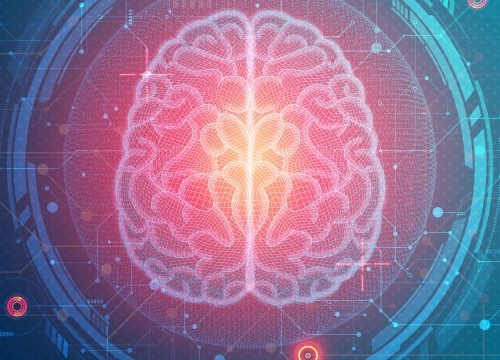Neurotechnology and Human Rights
Human Rights Conversations


Adobe
‘Neurotechnologies’ are defined as any electronic device, method or process conceived to access the human brain’s neuronal activity including the capacity to record, interfere or modify brain activity. These applications allow for a two-way connection (brain-computer interfaces) between the individual’s central nervous system (brain and spinal cord) and an electronic system.
As with any technical innovation, neurotechnologies come with both promises and dangers for the realization of human rights. The more innovative and ground-breaking a technology is, the higher the stakes. While the application of advances in neuroscience shows great potential in the medical domain, thus also towards the realization of the right to health, the scope of the potential negative impacts on an array of other rights is quite unknown. This quest is guiding the current study by the Advisory Committee (AC) of the United Nations Human Rights Council (HRC), mandated in HRC Resolution A/HRC/RES/51/3 on Neurotechnology and human rights.
In this resolution, the HRC notes the call in the UN Secretary-General’s 2021 report ‘Our Common Agenda’ to ‘prevent harms in the digital or technology spaces, including in neurotechnology’. Yet, this preventive approach is difficult to define, in particular as the development of neuroscience is no longer solely a prerogative of public interest and thus is not confined to public institutions and funding. On the contrary, due to its great economic potential, research and development are permeating the private domain. National examples of regulation are rare, but one notable case is the Chilean legislation on ‘neural rights’.
Regulatory approaches will also have to consider numerous legal, ethical and social aspects linked to technical developments. Those include equity and access to technology, as well as ownership of data and potential discriminatory or exploitative use of this technology, which may even put in question the very right to life, liberty and security of the person, to freedom of thought, or the right not to be subjected to arbitrary interference with his or her mental privacy.
The AC is now calling for input via a questionnaire to states and other stakeholders to gather information from existing approaches to this topic with the aim of identifying gaps in national and international legal frameworks and assessing the impact of the technology used on human rights.
This Human Rights Conversation, done in collaboration with the Geneva Science and Diplomacy Anticipator (GESDA), aims at raising awareness of the work of the HRC and the AC, and contributing to the call for input, open until 2 July 2023. Panelists will discuss advances in technology and its national and international regulation, as well as the broader questions around calls for introducing new rights or a moratorium on technology development.
Moderator
- Felix Kirchmeier, Executive Director, Geneva Human Rights Platform
Panelists
- H.E. Claudia Fuentes, Ambassador, Permanent Representative of Chile to the UN in Geneva
- Dr Milena Costas Trascasas, Rapporteur and Chairperson, UN Human Rights Council’s Advisory Committee
- Dr Gérard Escher, Senior Advisor to the GESDA Board
- Dr Jonathan Andrew, Independent Researcher
About Human Rights Conversations
Human Rights Conversations are a series of events, hosted by the Geneva Human Rights Platform, aimed at discussing contemporary issues and challenges related to the promotion and protection of human rights in Geneva and beyond.
Video
Neurotechnology and Human Rights
Panelists discussed the challenges that neurotechnologies raise for the enjoyment of human rights and the current work of the United Nations Human Rights Council Advisory Committee on this issue.







